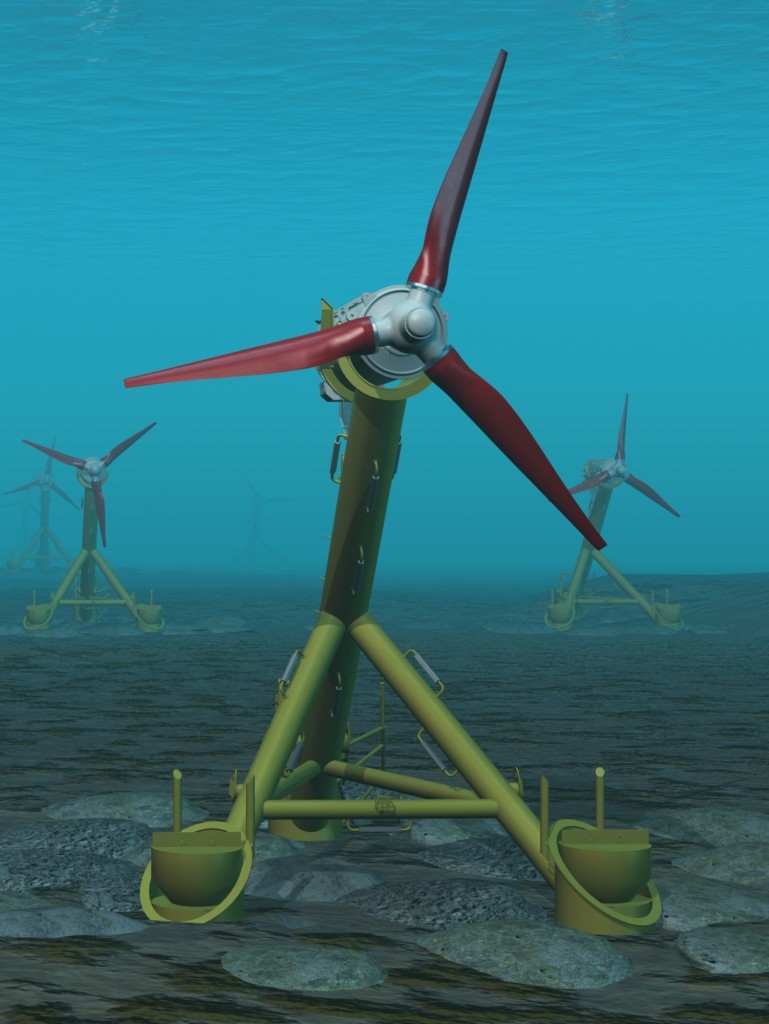
It seems OFGEM have pulled out all the stops to put the first nail in the coffin of the hydro industry.
The feed in tariff accreditation team at OFGEM must have been working all hours of the day and night to process the mountain of applications they got through in June.
During the month, 13.25MW of hydro applications were processed, more than doubling the average for the year to date of 5.23MW. This will have a crippling effect on the hydro industry as the bumper month has triggered the threshold for accelerated reduction of the feed in tariff, the main source of support for developing green electricity from the UK’s rivers.
The process of reducing (or degressing) the feed in tariff was introduced to account for falling costs of the constituent elements of renewable installations as more capacity was rolled out. This has been evident in lower prices for solar panels and wind turbines, but for hydro developments where most of the cost is in civil construction and the technology is mature, prices are rising above inflation, not falling. This inequality is further compounded by the fact that the figures used to calculate degression are based not only on those schemes up and running (a mere 3.7% of the applications processed this year) but also on those which might be developed over the next two years.
The hydro industry has grown significantly since the introduction of the feed in tariff brought meaningful support to small and medium schemes. This growth has been focused in Scotland where the natural conditions of high rainfall and mountainous terrain provide ideal conditions. The development process is lengthy, typically two to four years, and costly, with the majority of schemes costing in the millions. Most of the construction is concentrated in the rural areas where the schemes are typically located and capital is significantly recycled into the local economy via the use of local firms and labour. Bad news such as this will inevitably lead to a poor appetite for future investment.
Interestingly the processing of wind and anaerobic digestion (AD) applications in June was much more in line with previous months, but these had already breached the thresholds that trigger higher levels of degression so there was little more damage OFGEM could do. One has to question whether targeted guerrilla administration tactics are at work within OFGEM to cripple all those trying to run businesses reliant on the feed in tariff.
It is not quite P45 time, but unless changes to the regime are enacted soon, this news is certainly the start of a road to the eventual dissolution of the budding hydro industry.
The hydro industry has been working hard to highlight the potential impact of degression to DECC, OFGEM, Westminster and Holyrood politicians. Support from the Scottish Government has been strong, but to date any meaningful changes that would give companies working in the sector any encouragement to invest further have failed to materialise from DECC or OFGEM.
Luke Milner is a director at Glen Hydro in Perthshire, which designs, installs, operates and owns hydroelectric schemes throughout Scotland.
Recommended for you
